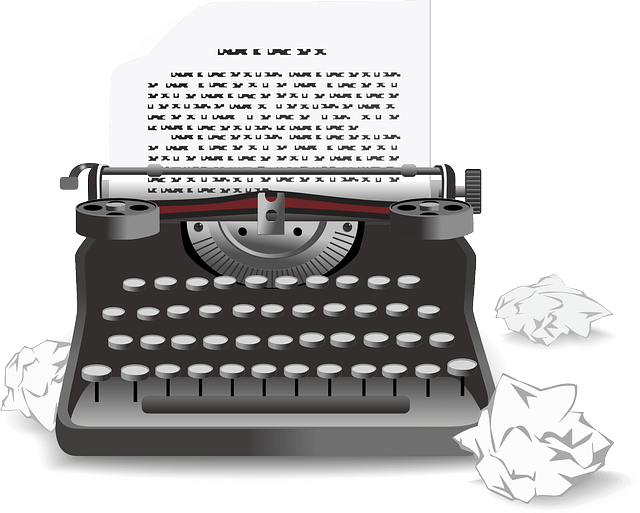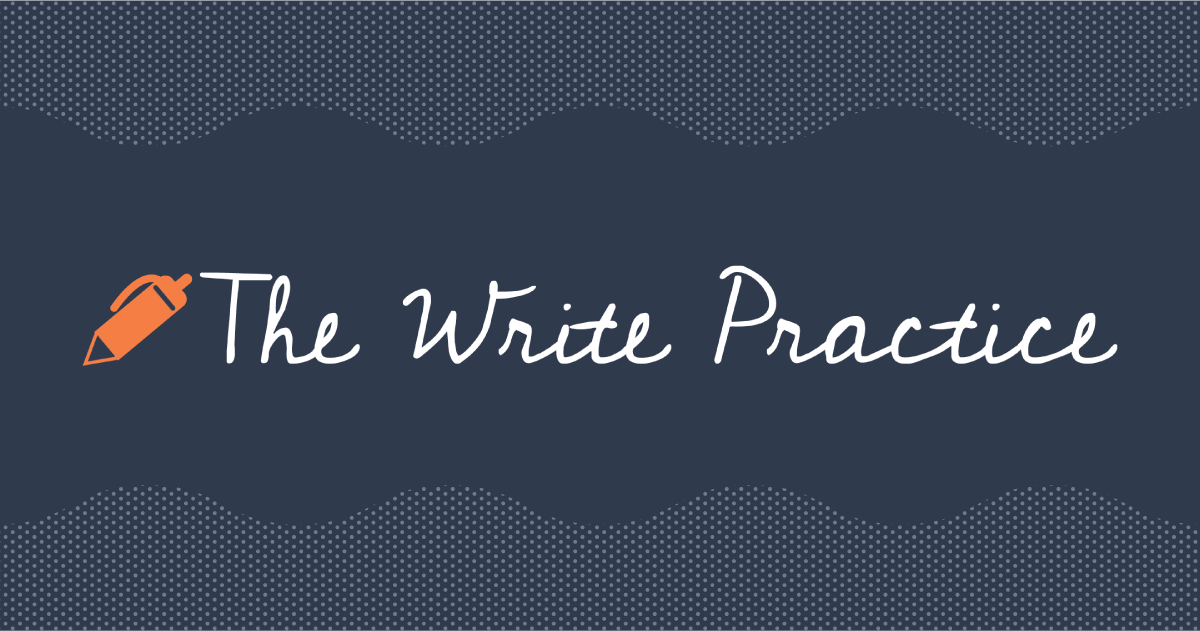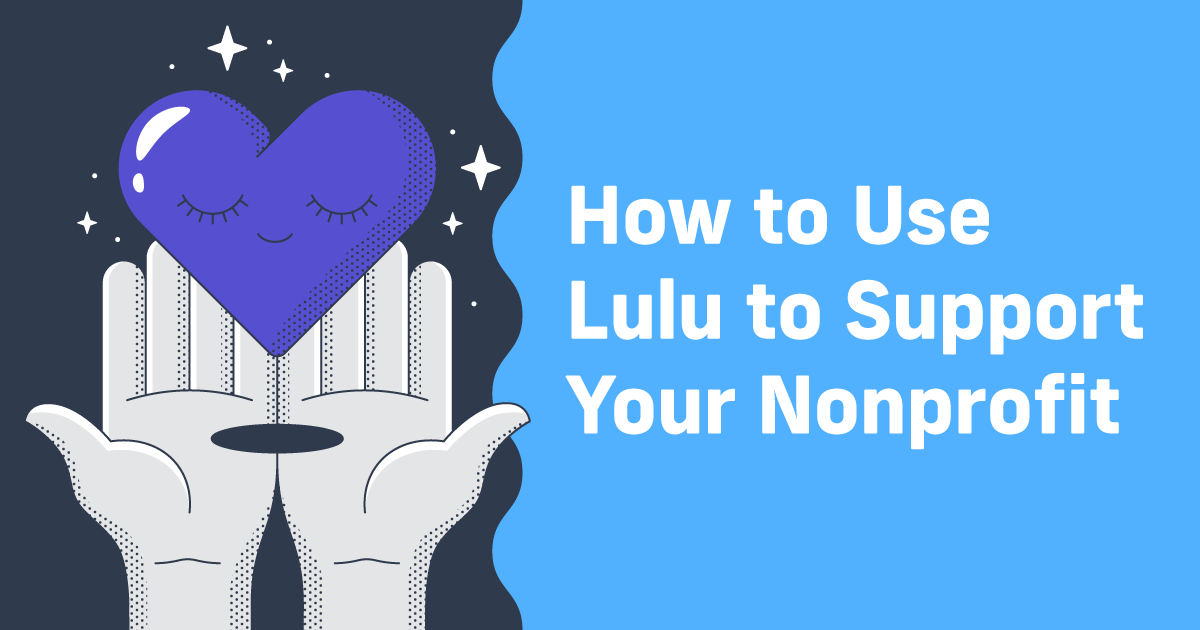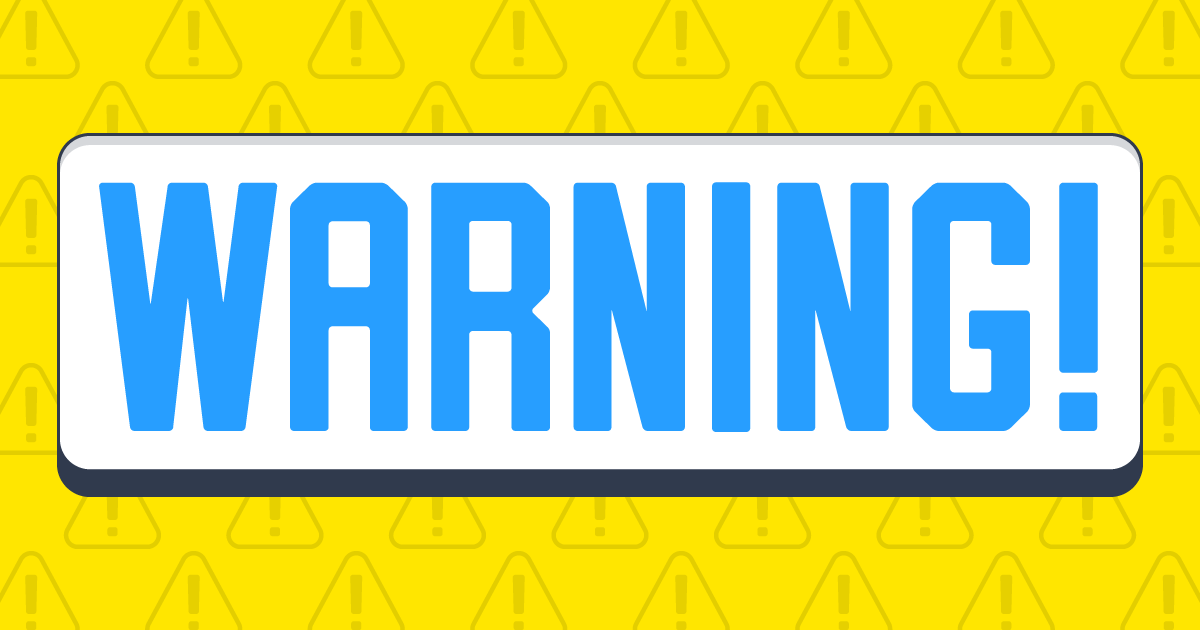Mental Health For Writers
May is Mental Health Awareness Month and it’s a perfect opportunity to look at how we can tend to our mental (and physical) health as writers. While any artistic or creative endeavor can bring with it challenges, writing is particularly harsh on our mental well-being. Today, we’ll look at risk factors and ways to maintain good mental health for writers.
While it’s much easier said than done, knowing that writing is a strain on our health is the first step to becoming healthier writers. Over nearly two decades of writing daily, I’ve personally contended with sleepless nights (just need to finish writing this scene), loneliness (but go away, I’m writing), and the crippling weight of numerous (is 100+ numerous?) rejections.
Mental Health Matters
No matter what we do or what drives us, we can only be at our best when we care for ourselves. That might be a little cliche to write, but it’s true. To grow as a writer means doing a lot of work. A lot. Staying sane while navigating this world can be overwhelming.

Writers are often driven by passion. The feeling that we have to write. That our stories must be told because keeping them in our heads just isn’t possible. We write because of that passion for creating stories and sharing knowledge.
There is nothing to writing. All you do is sit down at a typewriter and bleed.Ernest Hemingway
Hemingway has a knack for the dramatic, but he makes a point. Writers often pour their heart and soul into their writing. That kind of creativity can take a toll. As if writing wasn’t challenging enough, seeing to our mental health while writing is an added layer we cannot overlook.
Unhappiness Not Required
There is a characterization of authors that paints us as moody, sleepless shut-ins who live on burnt coffee, cigarettes, and our own anger. Which, of course, is a stereotype far out of line with reality. The truth is, that writing as a profession or a passion entails a lot of mental health risk factors. That stereotype is based on the results of being a writer, not some personality trait common to writers.
But those risk factors can all be mitigated. The first step is to identify the potential areas that may lead to unhappiness.
Scale
Books are long. They contain thousands of words. But what is easy to miss is how many words they don’t contain. For every 70,000-word novel you have on your shelf, that author easily wrote 500,000 words. From the volatile first draft to the first, second, third, and fourth edits; rewriting is where the creative magic really happens.
It also creates a huge amount of work for authors. Writing, revising, plotting, planning, editing—the cumulative amount of work that goes into turning an idea into a story is staggering. Authors do this, some all on their own.
Staying committed to the project when the scope and size start to come into focus is hard. All the work you’ve done and all the work still to do can loom over you (and your calendar). I’ve got multiple projects with finished drafts that I’ve set aside because the work still to be done was just too much.

Create Your Book
Use Lulu's free templates to easily create and publish your book today.
Keeping on Track
Use a calendar. Set a schedule. I’m not kidding. I cannot finish a project if I don’t have a plan. Words per day for the draft and pages per day to edit.
Now here’s the most important part of your schedule: give yourself breaks.
Mark Friday nights off; no writing, no editing, maybe at the most you scribble an idea or two down if you have to. Mental health for writers means being able to step away without obsessing about our projects.
Planning time away from your work refreshes your interest and creativity.
Solitude
Writing is a solitary activity. It just is. Hours on end, alone with nothing but our keyboard, our characters, and a Spotify playlist. Writing is lonely.
Hours in solitude can lead to loneliness, and loneliness can lead to increases in cortisol (often called the ‘stress hormone’). The stress that builds because of loneliness and solitude bleeds through to other aspects of your life.
Writing will always be a solitary activity, so we have to find ways to avoid the stressor of loneliness.
Getting Social
Luckily, loneliness has some pretty simple solutions. Allowing for the challenges of the pandemic, there are lots of ways to connect with people.
First, spend time with friends or family. Disconnect from writing activities and just socialize. Maybe plan a game night or a walk in the park.
Another great option is to join a writer’s group or forum online. Look to sites like Scribophile or one of the many Reddit communities to find other writers to connect with. This is a great way to be social and continue to talk about writing!
Time
Writing just takes time. No way around it. Even if you type quickly, it still takes time to decide what to type. And if you’re writing while working a full-time job, you’ll have to make time to write around your work schedule.
Carving out hours here and there to write means other activities have to suffer. For a lot of writers, that means less sleep and less exercise.
It doesn’t take a doctor or scientist to know that lack of sleep and exercise leads to poor health. In fact, researchers from Harvard found that “neuroimaging and neurochemistry studies suggest that a good night’s sleep helps foster both mental and emotional resilience, while chronic sleep deprivation sets the stage for negative thinking and emotional vulnerability.”
Likewise, when we exercise we feel physically stronger and more energized. Which helps you feel happier. Studies have found that exercise can be a contributing factor in easing mild and moderate forms of depression. Who would have known crunches could alleviate sadness? Our mental health as writers is often highly at risk from the sedentary lifestyle that comes with writing.
Finding Time
Similar to my advice for tackling the size and scope of writing a book, you can use scheduling and calendars to help make the time. I don’t use a strict writing regimen at the moment, but in the past, I’ve blocked out time every night to write.
When you set aside time to write, you turn writing into a routine. Once it becomes a routine, you’ll find the late-night bursts of frantic and inspired writing taper off. However, that’s not to say the occasional surge of creativity isn’t okay or good for us.
Same for exercise. Writers are naturally sedentary. And if your day job is also behind a desk, the risk of inactivity is even greater.
Set a daily exercise routine. Maybe it’s ten minutes of yoga in the morning and a couple of 15-minute walks around the office during the day. Maybe you spend an hour on your Peloton after work. Or maybe you do whatever the hell this guy is doing.
There are only 24 hours in the day; you can’t find more time so you have to make it by scheduling and sticking to your schedule.
Rejection and Criticism
This one is tough. Because writing is essentially an exercise in rejection. We write a sentence or paragraph only to come back later to delete half the words and reorganize the rest. Before anyone has even read something we’ve created, we’re already rejecting parts of it.
And for anyone who has gone through the agent submission process or self-published and watched only a handful of copies sell; rejection is very real.
Along with the rejection is the criticism. Readers and editors may eviscerate your favorite passage. Those 1-star reviews don’t help either.
Writing involves a lot of being told no. All those no’s add up to far more rejection than acceptance. And all that rejection, along with the impending fear of rejection, leads to feelings of inadequacy. When you don’t think anyone values your work, it’s hard to see a reason to keep writing.
Looking on the Bright Side
During my undergrad years, I had a writing teacher who edited papers heavily. Getting back a draft with dozens or hundreds of line edits and suggestions was commonplace. And the first time I saw a draft covered in red, my heart sank.
Then I read the comments. I scrutinized the corrections. And after hours of tinkering and reworking my draft, I had a much better paper.
Criticism isn’t always negative.
With all the other factors (those long nights writing alone, facing down a huge project) contributing to volatile mental health, criticism can be too much. We see negative comments and it’s easy to take those comments as a statement on our writing skills. “If this character I’ve spent months developing falls flat to readers, I must be a bad writer.”
But the truth is that there are two kinds of criticism and rejection. There’s the I don’t like this kind of critique, which is basically worthless. If you write high-fantasy and someone leaves a bad review saying “I don’t like fantasy” then do you really care about their opinion? Nope.
Likewise, someone reading your work and saying “This sentence sucks” is useless. But “this sentence is missing something, what about doing this” is not only actionable; it shows they read your work and care enough to want to help make it better.
It can be hard to hear, but honest criticism is the highest praise you can get as a writer.

Your Free Lulu Account
Create a Lulu Account today to print and publish your book for readers all around the world
Writer’s Health
The trope of the anguished, depressed writer is one I think safe to leave in the past. The idea that sadness and loneliness improve or inform our writing is a bit of romantic nonsense. The reality is that writing is hard and people who write do so because they’re passionate storytellers or experts with information they need to share.
Luckily for us, there have never been more resources available to help ease the strains of writing. From online writing groups to building a community to powerful scheduling tools, we’re in a good place when it comes to alleviating stressors.
Stay healthy and keep writing!
If you or someone you know is suffering from symptoms of depression, visit the SAMHSA website to find resources and anonymous hotlines.




